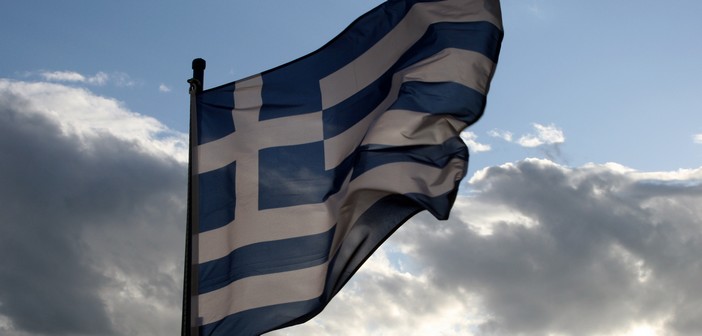It’s Donald Tusk, the President of the European Council, who summarized the drama of the negotiations between Greece and the other eurozone members: “Unanimously, the eurozone summit found an agreement. Everything is ready for an ESM program aimed at Greece with serious reforms and financial support.”
In less diplomatic terms, this means that Greece is being forced into new austerity measures, and taxpayers from other European countries are facing new risks of several billion euros.
Elected with the promise to fight against austerity, Alexis Tsipras had to agree to a series of reforms to eventually reach an agreement with his country’s creditors.
A compromise was necessary to get there after more than a week of suspense between a referendum organized by the Greek government and the resumption of contacts and discussions among the various players in this tragic piece. But it’s not too surprising, isn’t it in Greece that drama originated?
Ultimately, the creditor countries prevailed with the political option to keep Greece in the euro and, in fact, in the European Union.
François Hollande, who led this stance, eventually overcame the opposition of the reluctant Chancellor Angela Merkel, who remained true to herself in viewing this dossier through a financial lens, urged by a skeptical public opinion concerning the Greeks’ real willingness to make sacrifices, warmed by previous negative outcomes.
To better understand, it’s no coincidence that the term “schuld” has a double meaning in German: debt and guilt. To the culture and mentality across the Rhine, the two are interdependent.
In France and Europe, the subscribed solution, far from being perfect but the best possible, was hailed by all political forces and the majority of public opinion. Only the extreme right or left-wing parties criticize it sharply.
On the national opposition side, the award for incoherence goes to Jean-Luc Mélenchon, who in 24 hours went from supporting President Hollande’s tenacity against Frau Merkel’s intransigence to more clearly criticizing him, whom he termed as her “assistant.”
As for Nicolas Sarkozy, he played the “diva” by addressing his successor “ex cathedra” (who for him is just Mr. Hollande) inviting him to comply with the anti-Greek position.
Marine Le Pen also criticizes, considering the compromise largely unfavorable to Greece.
But, the stance of the three ultimately seemed like a damp squib instead of the expected fireworks: can you imagine what they would have blamed on poor Hollande if the negotiation had failed, provoking chaos in public life?


